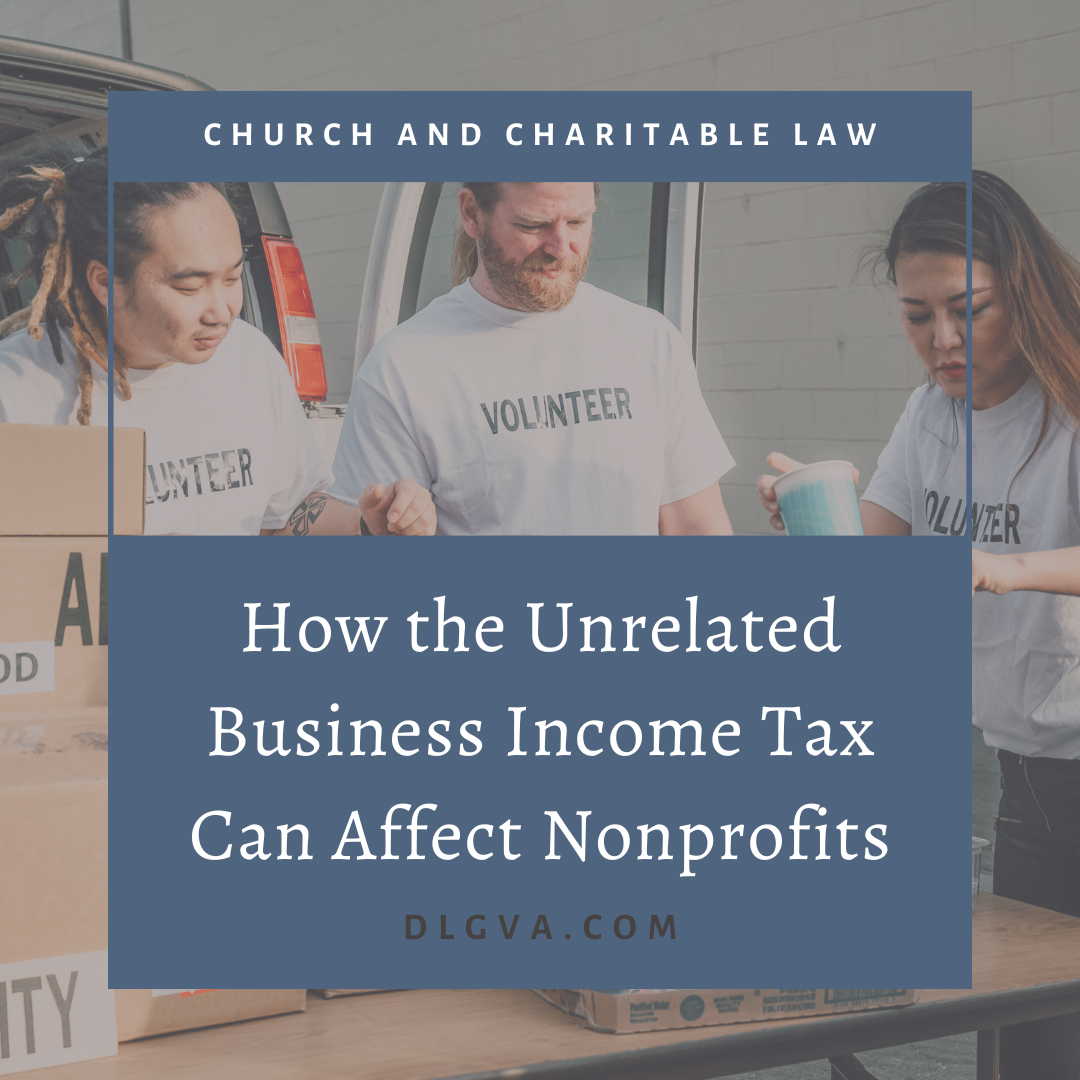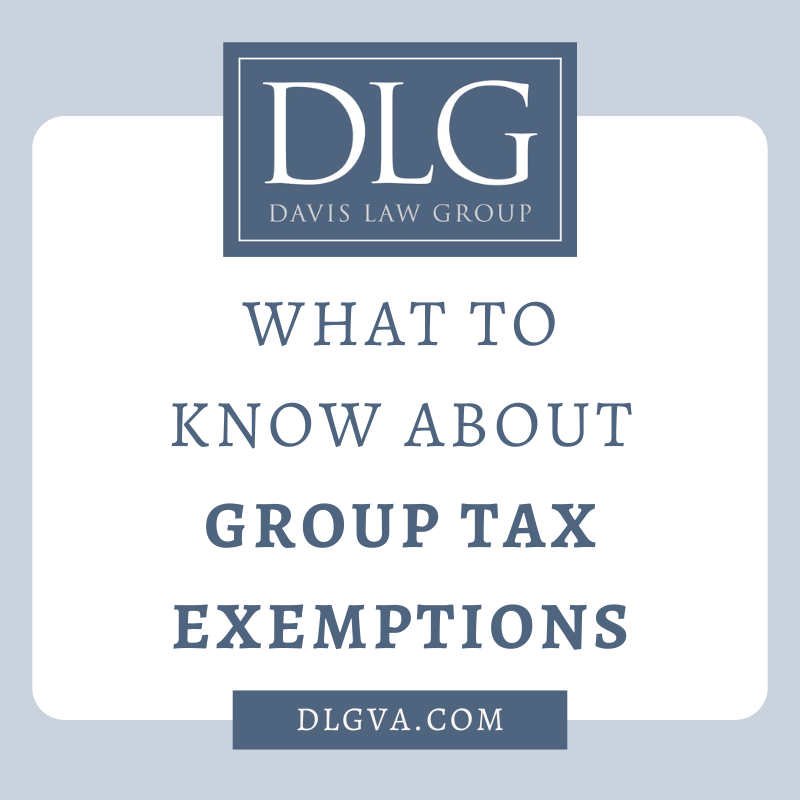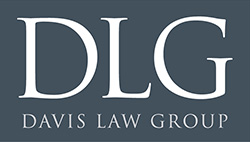When buying or selling a business there are a number of issues to consider and ultimately resolve in order to ensure that both parties receive what they have bargained for and to make the process as smooth as possible. A lot of information is required so that your attorney and CPA can properly advise you on how to best accomplish your objectives, whether you are the Buyer or the Seller of the business. Every transaction is unique and will require the assistance of your attorney, CPA and other trusted advisors, but at a minimum, the following will be required in every transaction:
- Contact information Seller: What is the name, address, phone number, social security number, federal EIN number, of Seller and the individual owners of Seller, if Seller is an entity?
- Contact information Buyer: What is the name, address, phone number, social security number, federal EIN number, of Seller and the individual owners of Seller, if Seller is an entity?
- The Business: What business is being purchased/sold – can you provide a general description of the Business and its location:
- Purchase Price: What is the Purchase Price for the business and what type of financing will be provided?
- What is the total purchase price?
- How much of an earnest money deposit will be required?
- Will the Seller be financing all or a part of the purchase/sale? If so, what are the terms of the note (interest rate, term of note, amortization period, etc.). Will the Seller be requiring any collateral on the note and if so, what collateral will be required?
- Will a bank or other commercial financing company be providing funds for all or a part of the transaction? If so, have you received a loan commitment letter from them and what are the terms?
- Are there any other special financing terms that the parties have discussed?
- Terms of sale/conditions: What are the terms of sale – Are there any contingencies or conditions that have to be met before closing of the sale?
- Will the Seller be required to sign a Non-Compete or similar Agreement? If so, what terms have been discussed between the parties?
- Will the Seller continue as a consultant for some period of time after the purchase of the business? If so, what are the terms for the Consulting Agreement?
- Will the Seller be providing any training after the purchase? If so, will additional compensation be paid for this arrangement and what is the Seller expected to provide in training and for what period of time?
- Is the building where the business is located, owned by the Seller or by some other third party?
- Have the parties discussed an assignment of the existing lease on the property and if so, what are the terms?
- Are there any inspections that need to be conducted before closing? (review of financial records, environmental or building inspections, inspection of assets, etc.)
- Is the permission of a third party needed before the business can be sold? (Franchisor, bank, landlord, lease on equipment, licensing from City or State, industry specific requirements, joint ventures or other contracts with third parties)?
- Asset purchase or stock purchase: Is this going to be a purchase and sale of assets of the business or of the stock of the business? This should be carefully discussed with your attorney and CPA before any final decisions are made as there are significant legal and tax implications.
- If it is a purchase/sale of assets: What assets are being sold as a part of the transaction? Normally the parties will consider the sale of the trade name, equipment, furniture, fixtures, goodwill, inventory, transferable insurance policies, contracts, cash on hand, vehicles, accounts receivable, customer lists or accounts, website, phone number, intellectual property, other assets. A complete list of all assets being sold will be required in order to complete the transaction.
- If it is a purchase of stock: Who are the stockholders of the entity and are there any corporate documents between the stockholders that will restrict the sale of stock? Look for Bylaws, Buy/Sell or Cross Purchase Agreements, Shareholder Agreements, Stock Pledge Agreements or any other documents that apply to the transfer of stock in a corporation or membership interests in an LLC.
- Excluded and leased assets: Are there any assets being used in the business which are owned personally by the Seller or which are being leased by the Seller from a third party? You will need to have a complete itemized list of all Excluded Assets at closing.
- Are there any liabilities? Has the Seller signed any real estate or equipment leases, obtained a line of credit or entered into any contracts with third parties, the IRS, employees, banks or creditors that will effect their ability to transfer the business free of any claims? If this is an Asset Purchase, is the Buyer agreeing take on any of the liabilities of Seller?
- Pro-rations at closing: How will the parties pay for and transfer inventory on hand at closing, cash on hand, pre-paid property tax, insurance premiums, rent deposits, prepaid equipment lease deposits, utilities deposits, etc?
- Proprietary rights: Does the Seller own or have any proprietary rights to software, the trade name of the business, any recipe, copyright, trademark, patent or other protected intellectual property right?
- Franchise: Is the business a part of a franchise or some other similar venture? If so you will need to obtain the franchise documents and obtain the approval of the franchisor in order to complete the transaction.
- Broker: Is there a business or real estate broker involved in the transaction and if so, provide the contact information and the terms of the listing agreement with the broker.
- Employeescontracts: Are there any employment agreements, an employee handbook, benefits and retirement plans or other employee related agreements?
- Closing date: When would you like the actual transfer of the business to take place?
Every business is different and has its own unique requirements. For that reason it is important that you provide your attorney, CPA and other trusted advisors with as much information as possible about the transaction. These are complex transactions with significant legal, tax and business implications, all of which will need to be discussed with your attorney and other trusted advisors in more detail. You should also discuss any concerns you have as well as your goals and objectives for the business purchase or sale.
Please also read Business Sale/Acquisitions/Merger Checklist
Questions? Contact Us

Estate & Trust Planning
Estate Planning is essentially the process of preserving and protecting your assets and property during your lifetime, then providing instructions for them to be passed on to

Corporate and Business Transactions
At Davis Law Group we have a unique perspective in our corporate and business law practice. Most "corporate" law firms focus on serving the business rather than

Probate & Trust Administration
When a close relative or friend dies, there are several important legal and taxation matters to be addressed. Depending on how property and other assets are titled,

Civil Litigation
Representing a client involved in business disputes, contract disputes, including mediation, arbitration, or civil litigation in court, is a big responsibility -- one we don't take lightly.

Church and Non-Profit Organizations
Church and non-profit law requires a special understanding of the issues and challenges that face non-profit and religious institutions. The legal advice that best serves business and

Commercial Real Estate Transactions
At Davis Law Group we understand that the commercial real estate process can be one of the most stressful events our clients will ever experience. Hampton Roads

Family Law & Collaborative Practice
The attorneys at Davis Law Group have extensive experience in representing individuals who find themselves in the middle of broken relationships, and we are effective advocates when

Employment Law
Few relationships impact our daily lives as much as the relationships we have at our workplaces. For most people, it is the place they spend the majority
Our dedicated team of attorneys, paralegals, clerks and administrative staff at Davis Law Group are ready to assist you with your legal questions and needs from real estate transactions to estate plans to the adoption process and more, our team has a diverse background of experience and expertise.
Douglas W. Davis
Attorney, Managing PartnerSuAnne Hardee Bryant
AttorneyDouglas H. Cook
Attorney, of CounselJake Balderson
AttorneyStephen Haynes
AttorneyJeff Coombs
Attorney, Nonprofit Practice LeaderConor Flaherty
AttorneyChristen Davis
Senior ParalegalJacob Tise
ParalegalLauren Baust
ParalegalRebecca Garnsey
ParalegalMelissa Smith
ParalegalKaren Nootnagel
ComptrollerNicole Capomaggi
Receptionist/Client LiaisonHow the Unrelated Business Income
Tax-exempt 501(c)(3) organizations must operate primarily to achieve religious, charitable, scientific, or educational purposes and may not carry on more than an insubstantial amount
What to Know About Group
The IRS offers group exemptions whereby a central organization’s federal tax exemption will apply to its subordinates and obviate any need of the subordinates
Protections Religious Groups Have in
There are two main protections afforded to religious employers: the ministerial exception and Title VII’s coreligionist exception. These protections extend only to certain employment






















